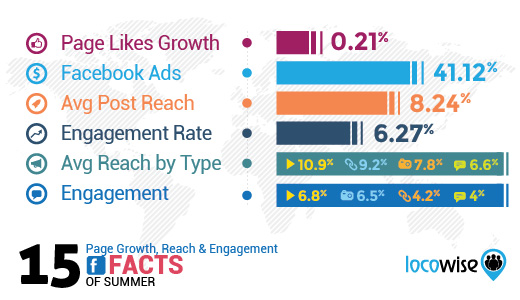
Friday Buzz: Monitoring Employees’ Social Statements
How strict is your association about controlling what employees say about you online? Plus: Facebook's (slight) organic boom.
Some companies have a laissez-faire attitude toward monitoring employee activity across the internet, but other organizations take a stricter approach. The struggle between openness and restriction resurfaced this week with the news that video game giant Nintendo fired a localization editor after he appeared on the Part-Time Gamers podcast.
Studies have shown that employers are increasingly likely to reprimand employees who violate social media guidelines. So how can organizations prevent those punishments from being dished out in the first place? Training is one obvious tactic, but as SocialTimes contributor Marcy C. Long highlights in this post, there could be a technical solution.
Long explores social media firm Markr’s Brand Commandr tool, which allows select editors to vet, edit, and improve upon employee posts pertaining to your organization.
As she points out:
“[A]lthough the online screw-ups your employees make are endlessly entertaining for the rest of us, the cost associated with cleaning one up—and the resulting loss of existing and potential clients—is no laughing matter.”
A separate content management system for employee social activity may not be the solution for your association, but the core issue remains: How far should your association go to prevent employee social activity from creating negative impressions?
Stats of the Day

Notice a small bump in the organic reach of your organization’s Facebook pages? You’re not alone: Social media analytics firm Locowise combed through 5,000 pages to discover that reach increased, albeit in a slight way, across the board in July.
Other Good Reads
For some Friday Twitter chat exploration, check out the #SM4NP chat from earlier today, hosted by Social Media for Nonprofits. The topic was, appropriately enough, Twitter chats!
“Internet comments are awful.” But is eliminating them from your site entirely the right solution? Librarian and technologist Jessamyn West explores the “system failure” of bad comments in this post on Medium.
With Google’s reorganization and the creation of the holding company Alphabet, what lies in the future for YouTube? Los Angeles Times reporter Saba Hamedy takes a look.
(Ellagrin/ThinkStock)






Comments